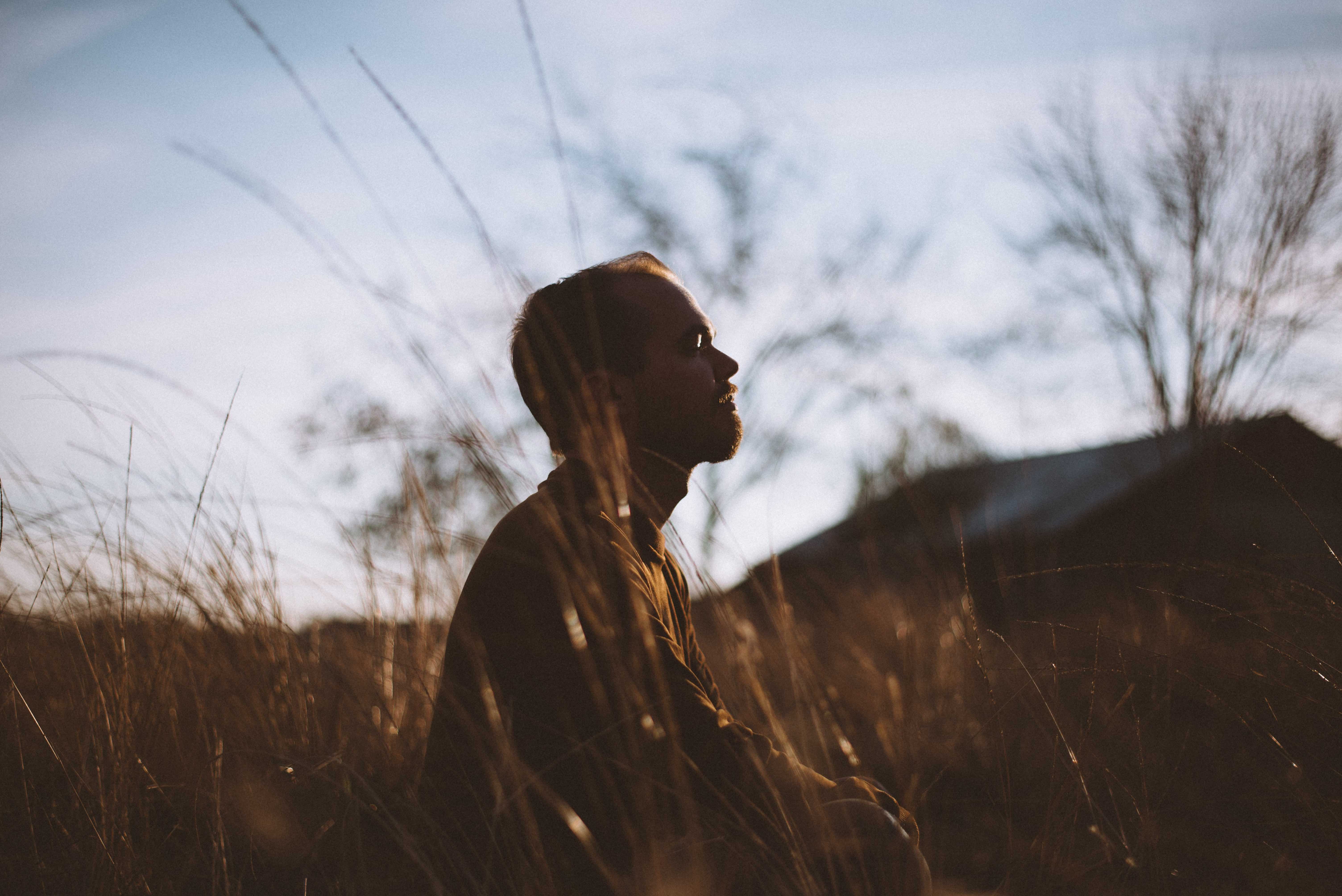
This morning, I picked up the You Are Here: Discovering the Magic of the Present Moment thin yellow book from Thich Nhat Hanh to read. It was as though I had selected this morning’s reading for my future self last night. In fact, I had, because I was feeling upset at myself for being upset at myself being upset at my kid.
I had happened to open the book to Chapter Four: “Healing Our Wounds and Pain” and to this particular quote I had highlighted from the past in green (when I had taught this section of the book for my students when I taught English at the community college in Alameda, CA):
“Mindfulness is first of all the ability to recognize what is happening in the present moment. It is simple recognition — without judgement or criticism, without suppression or attachment.”
While this is easy at times when I’m meditating or hand-washing a pan in the kitchen sink, it’s difficult to practice when you’re angry–at others and yourself.
Yet this is something I realize I want to practice.
Thich Nhat Hanh says: “You are free of any intention to judge, find fault, reject, or cling, and you maintain that freedom in relation to whatever is happening. When you get angry or depressed, it is the same. You simply recognize what is there–anger, depression, and so forth–without any sense of disapproval or rejection. If you recognize emotion as existing in the moment, you will not feel upset. There is no battle to win or lose–this is Buddhist meditation.”
When you get angry or depressed, it is the same. You simply recognize what is there–anger, depression, and so forth–without any sense of disapproval or rejection. If you recognize emotion as existing in the moment, you will not feel upset.
Wow. That is the key, isn’t it? To “simply recognize what is there [anger, depression, jealousy, desire, shame, fear] without any sense of disapproval or rejection.”
To not identify with your anger, your depression–whatever, and just notice that it’s there. To see your emotional state simply “as existing in the moment.”
A passing cloud overhead. A storm that will dissipate. This part is so hard to remember when you’re in it.
Yet brain scientist, Dr. Jill Bolte-Taylor wants us to remember that our emotions are actually pretty short-lived. She came up with the 90-Second Rule:
“When a person has a reaction to something in their environment, there’s a 90-second chemical process that happens; any remaining emotional response is just the person choosing to stay in that emotional loop.”
What to do about your cravings
Thich Nhat Hanh goes on to talk about, in his book, desires we face as humans when stressed and attempting to navigate human suffering and emotional pain: for example, to drink whiskey. To drink it with mindfulness. You say to yourself: “Drinking whiskey, I know that it is whiskey I am drinking.” He recommends this approach and says he’s not “telling you to absolutely stop drinking” but is proposing that “you drink your whiskey mindfully, and I am sure that if you drink this way for a few weeks, you will stop drinking alcohol. Drinking your whiskey mindfully, you will recognize what is taking place in you — in your body, in your liver, in your relationships, in the world, and so on. When your mindfulness becomes strong, you will just stop.”
Okay, that right there is pretty powerful. He’s talking about desires. Cravings. That when you’re stressed, upset about something, you can do it in a mindful present-moment way, thinking about the whole, not just about the part. The part that wants to feel good. Right. Now. But can’t think about the whole future. Your internal organs, your immune system, your metabolic and mental health all impacted. You just want to quench that desire, numb the emotional pain.
Man, I can definitely relate. And I want to practice this for next time I want to drink or spend money eating out eating junk or wanna procrastinate with endless YouTube videos (under the guise of “But I’m learning!”) when under a deadline, feeling pressure and the need to prove. Oh, the ego!
This next part of p. 69 tackles it right on the head:
“You do not have to struggle against a desire. There is no need for a battle within you. Mindfulness is something that embraces and includes things like desire, that recognizes them with great tenderness. Meditation is not about turning yourself into a battlefield where one side fights the other, because the basis of Buddhist meditation is nonduality. The habits of drinking alcohol or getting angry are also you, and therefore you must treat them with great tenderness and nonviolence. The essential point is not to create conflict, a fight, within yourself.”
So the next time that internal critic inside me wants to beat myself up, wants to blame and shame me for caving into a craving, I’m going to practice embracing this feeling, this sensation, with “great tenderness.”
I’m going to remember to put my warm hand on my heart, to speak gently to my hurt inner child who just wants to, in the end, protect me: “Darling, I’m here. For all of it.”
This is how we heal. This is the practice. On our own bodies and minds.
Our own freedom.
Our own bliss.
Our own Liberatory Laboratory.
0 Comments